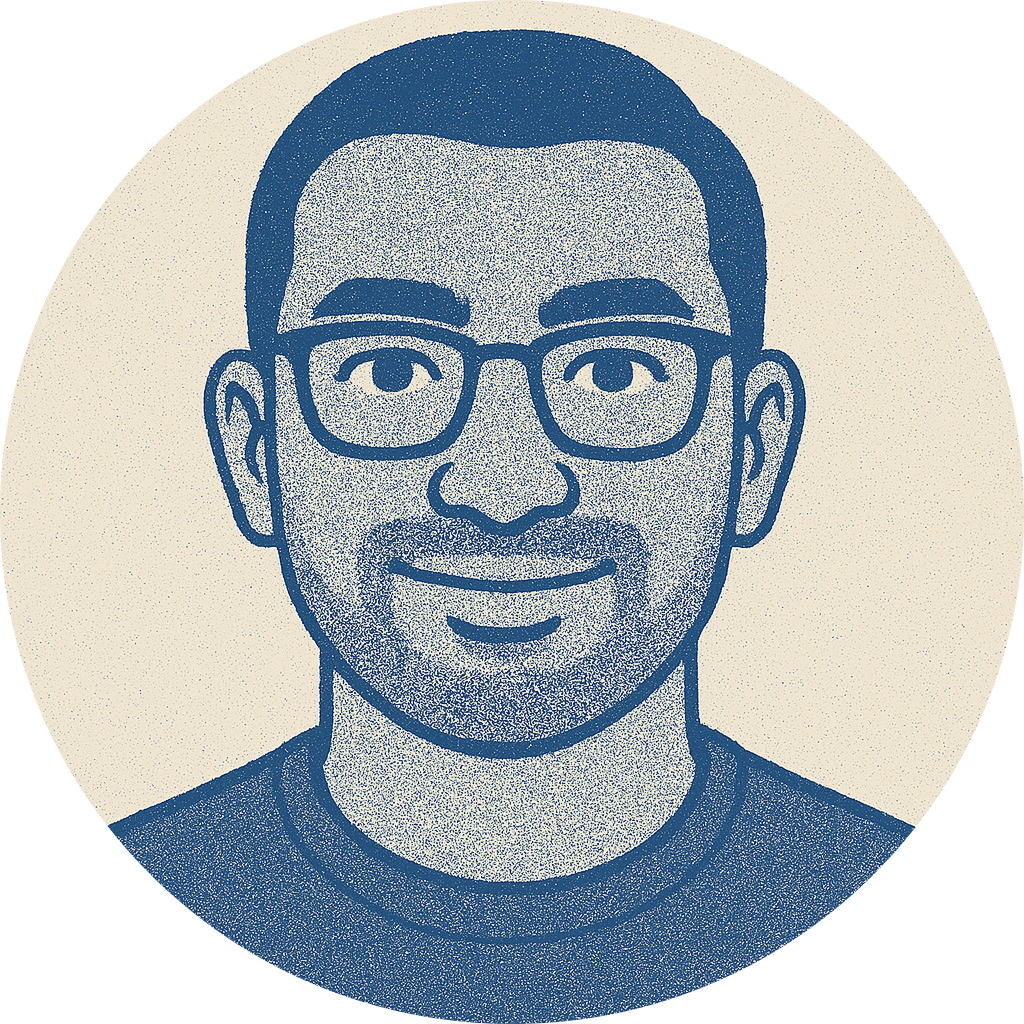Ending Very Bad Wizards the service
I've been contemplating approaching talking about how we've sort of ended Very Bad Wizards to try our hand at building products. It isn't easy talking about, but there's a lesson here for you:
The wizarding business is something we started out of frustration and disdain for doing work that didn't have an impact (fluffy, I know). Building fancy decks with elaborate business models till 2 am didn't sit well with my business partner. As for me? I was tired of engineering solutions from a list of features and no context to the users' lives.
That was until we discovered the Design Sprint by the good folks at Google. It's a beautiful process that tests business ideas before any execution is required. It embodied the best principles of doing product discovery work by utilising design, rapid prototyping and testing with customers.
After trialling it out for ourselves, we decided to quit our corporate jobs and take the deep dive into the abyss: building our own service business.
Our timing couldn't have been better, though, as we started, Sri Lanka came under attack by terrorists. We then went through a constitutional crisis, and then the pandemic hit us. Arguably one of the worst times to start a business. But as they say, the best time to plant a tree was 10 years ago, the next best time is now.
Anyway, after working with multiple companies — big and small — we felt burnt to do the work.
Our focus was on doing product discovery for clients—a productised model of figuring out opportunities for them to execute. Engagement times were short, and clients loved it. We didn't want to be in the execution space because of previous experiences dealing with long-winded engagements. It would've meant taking two steps back.
This lead to problems. Projects weren't getting executed. The rubber wasn't meeting the road. Gnawing at how hard work goes unrealised weighs heavy on your soul after some time. You feel it more when you witness users showing the desire for the product by saying, "when is this coming out?!" or "I need this in my life!!". For two product guys who loved seeing ideas live in the real world, this sucked.
When we started up, the main question we were trying to answer was, "how could we do impactful work?". Now, we were thinking about "how could we do more impactful work that actually gets executed?".
When I looked at other agencies in the Design Sprint space, they seemed to be having similar problems. Some took it upon themselves to help their clients get to an MVP. Others were happy with the team being aligned on what to do, even though it wouldn't have been executed. But, unfortunately, that wasn't enough for us.
The human mind solves problems on a subconscious level. When you start to struggle, it creates this void for potential solutions to fall into. The fitness of a solution depends on the context and how well you understand your own problem. By trying out different solutions, you improve your understanding of what works, what doesn't and what's important to you personally.
Bit by bit, we started to realise what we wanted more of in this journey. It didn't come easily. We chased after the wrong things or solutions, as I said. An excellent way to know if you're doing the wrong thing is if you're doing it for some other reason than just for the sake of it. For us, servicing clients meant money to help build a product in the future. What we should've been doing is making the product now.
A key contributor to realising this came after reading the Shape Up methodology. I read it way after its launch. In hindsight, I wish I had read it earlier. The Shape Up methodology is an end-to-end recipe for figuring out what to work on and actually shipping it. What makes it unique is that it's done calmly and deliberately.
Reading it lifted my spirits up. There was this sudden boost of confidence in taking on building something. We have a recipe. We just need to cook it together. But the critical ingredient was missing: a problem worth solving.
That brings us to the present. After several pitches for ideas and a couple of demand-side interviews, we found one two that's worth solving.
The decision to stop doing sprints was a tough one. It meant letting go of a brand that we spent a lot of energy building. But, we grew fast, made a lot of friends and answered the questions we had.
If the journey so far has taught me anything, it's that you have to spend time doing things that you're HELL YEAH about.
Very Bad Wizards isn't ending; it's just evolving to our journey as creators.
p.s. If you're into funding bootstrapped founders to keep doing their thing in terms of grants or no-strings-attached money, please do get in touch. We've got one month's runway left 😭.
